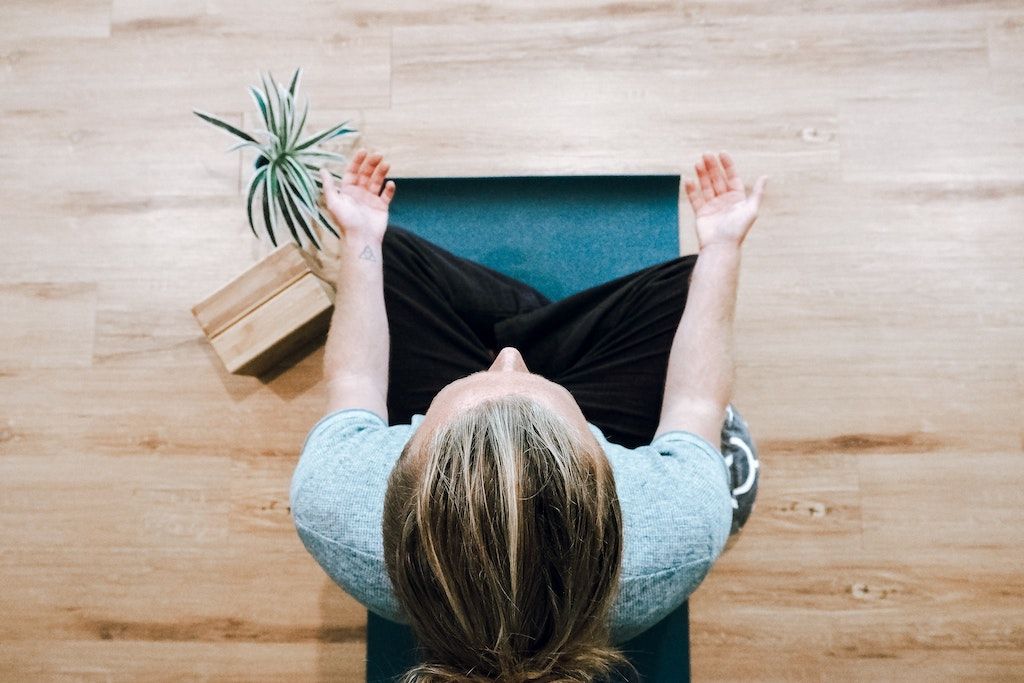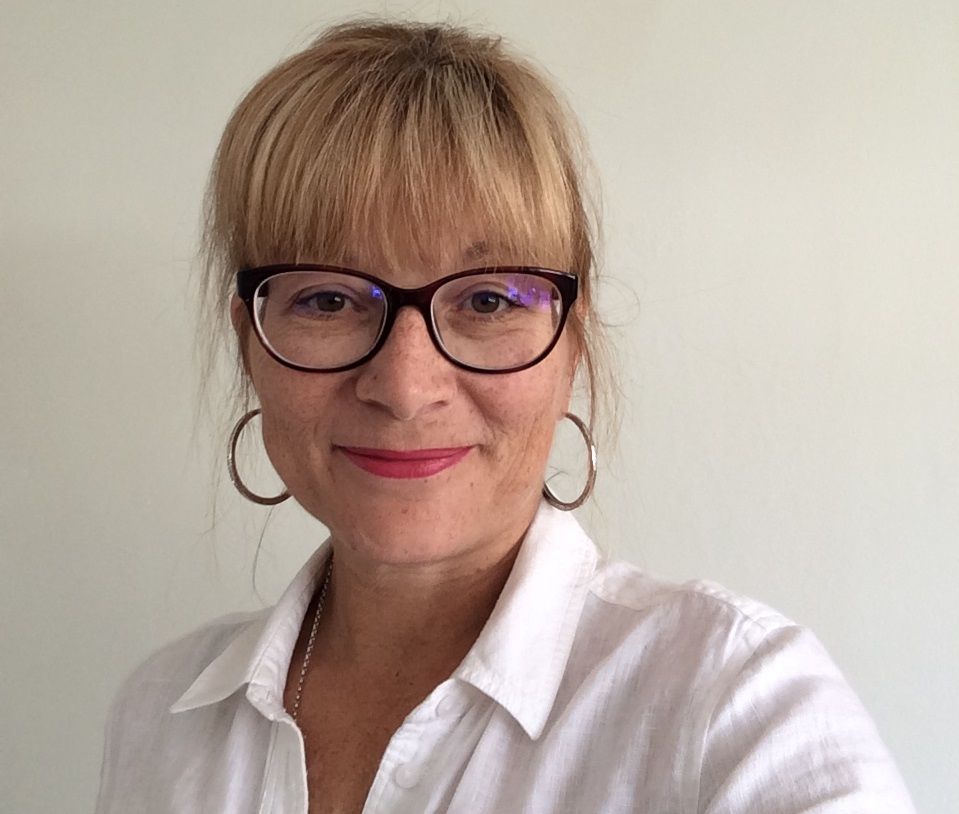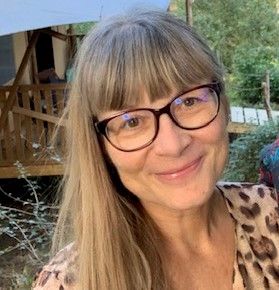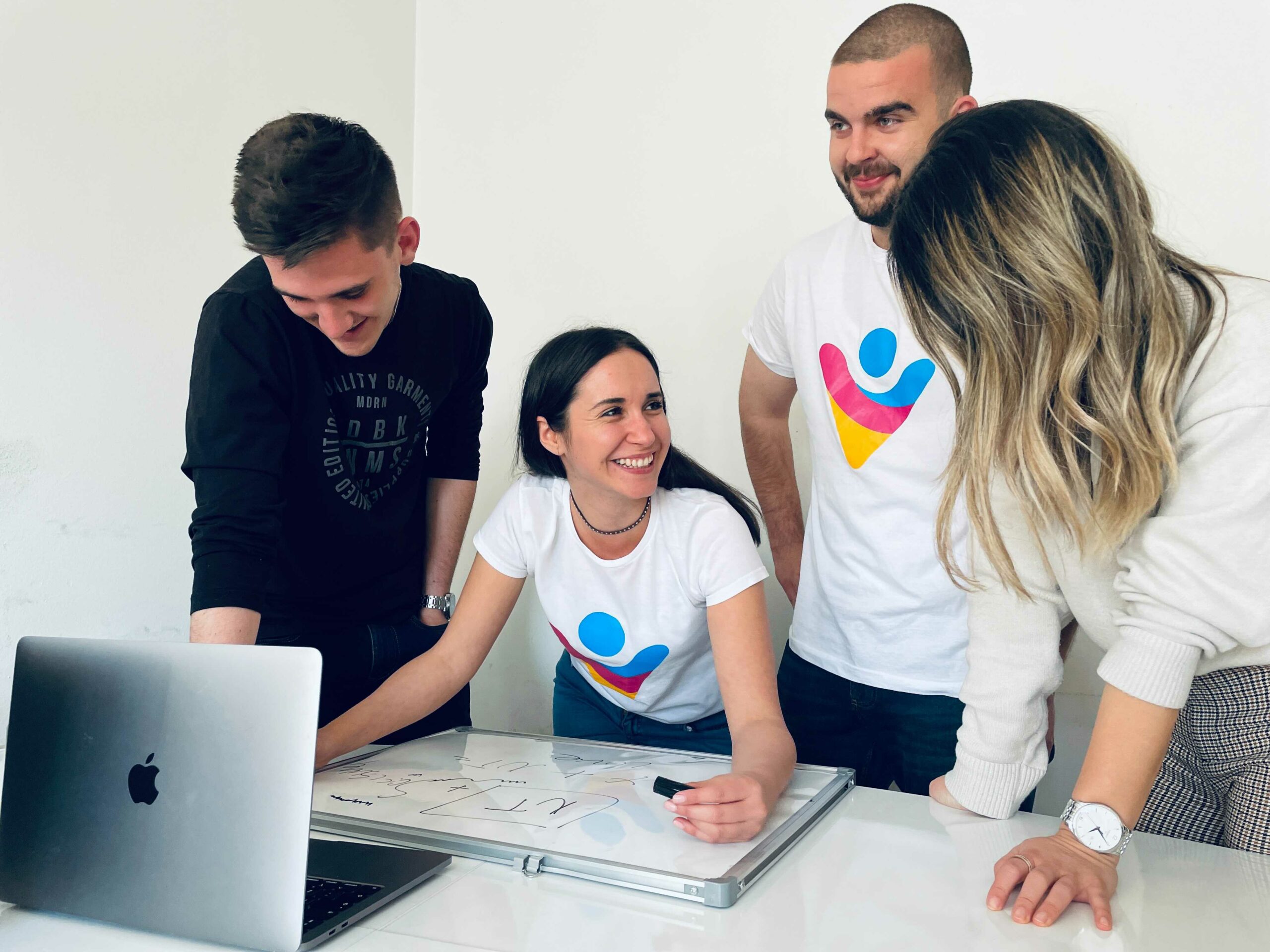Stress Reduction For Remote Work: Interview With The Mindfulness Teacher Claire Griffin
Claire Griffin is a mindfulness teacher and supervisor who’s been teaching mindfulness-based stress relief courses to individuals and companies since 2015.
Before she discovered mindfulness, she’s had a successful career in the marketing industry and had been used to the fast-paced work environment with long hours and tight deadlines.
Learning mindfulness had such a positive impact on her that she felt the need to share all the wonderful benefits of this practice with others.
What is mindfulness and why is learning how to reduce stress important for everyone in this day and age, especially for remote workers? Let’s find out!

Hi Claire, thanks for taking the time to do a short interview with us. What can you tell us about yourself?
Thank you for inviting me! It’s great to meet up with the Native Teams community.
I’m based in the UK and I’m a Certified Mindfulness Teacher. I train people in two main areas: the 6-week Mindful Home Working course, which is a 1:1 course that supports people working from home, helping them to reduce their stress levels and work in a more effective way and The Mindfulness Based Stress Reduction (MBSR) course, which is an 8-week course for anyone who would like to experience less stress and anxiety in their lives. This course has been running now since the 1970’s when it was first introduced by Jon-Kabat Zinn in a teaching hospital in the US.
I am also a Mindfulness Teacher Trainer and Supervisor with the Mindful Academy Solterreno, Spain. This means I am lucky enough to train other people to teach Mindfulness. Currently all my teaching takes place remotely, in Zoom.
I’m British and I live on the south coast of the UK near Brighton near the beach, which I love. I’ve lived and worked in other places in the world – London, Barcelona, Andalucia, New York and Sydney – but I was born and brought up near where I live now so I’ve come full circle!
I love to travel abroad (Vancouver is my new favourite city) and I’m looking forward to visiting Rome which I’ve never been to and is on my wish list for 2022. Obviously with Covid travel has been difficult, and of course I am conscious now of the climate benefits of not flying, so I will be limiting my travel from now on.
In a sentence or two, what exactly is mindfulness and what are its benefits?
The Jon Kabat-Zinn definition is “Mindfulness is the awareness that arises when we pay attention, on purpose, in the present moment and non-judgementally. “ Another way of putting this is that Mindfulness is being full aware of what is happening in the body and the mind, as it is actually happening. And removing the filter of judgement on whether what is happening is either “good” or “bad”. It’s also a type of attention training and a way to “program” the brain. The benefits are many: improved focus & attention, lower stress levels, greater emotional resilience (the ability to self-regulate emotions and recover more quickly from stressful situations), higher emotional intelligence and an enhanced sense of wellbeing and enjoyment in life.
When and how did you discover mindfulness?
I first started practicing Mindfulness in 2012 when I was going through a period of intense period of stress both professionally and personally. I didn’t realise it fully at the time, but what I was experiencing was actually a full physical and psychological burn-out. I began practicing using meditation recordings I found online, and then joined an MBSR course in 2013. The change I noticed in myself and in the other people on the course was transformational and by the end of the course I knew I wanted to train to teach Mindfulness. I’ve been passionate about sharing the benefits of Mindfulness with other people ever since.

What did you do before becoming a mindfulness teacher?
I worked in marketing for a while and then enjoyed a long and successful career as an executive search consultant, recruiting for the data marketing and digital marketing industries. I had my own business in London at one point, and also worked from home as an independent consultant for several years. My first remote working experience was actually back in 2006 when I worked as an executive search consultant for an online business – the founder of the business was in the UK and I was working from one of the White Villages in the mountains of Spain – my first taste of the freedom that remote working brings! I’ve worked remotely for over 12 years, including working in commercial roles for very fast-paced industries so I have personal experience of both the benefits and the challenges of remote working.
What would you say is the biggest struggle of remote workers?
I think one of the biggest challenges is transitioning from being immersed in work to being there for other people in your life. And I would include YOU and making time for yourself in those people! Switching between one “mode” and another can be a challenge. Practicing Mindfulness can help with this transitioning. Technology has given us enormous freedoms, but if we are spending all our waking hours working it can also feel like a trap. The good news is that we can learn new ways of working wisely and healthily and working remotely gives us more opportunity to practice these. And the other challenge is isolation – which is why communities like this one are so important.
What should everyone who works remotely pay attention to?
I think we need to pay attention to our own well-being – both mental and physical. I believe that everyone should be able to enjoy the freedom of working remotely if they choose to do so at least part of the time (unless they work in a profession where that simply isn’t possible). But my experience of remote working has taught me that there are certain good habits that are necessary for happy and successful working from home. And from a Mindfulness perspective one of the areas we are practicing in is to pay attention to the present moment – for example paying attention to the breath, or to the sensation of feet against the floor. On the course we explore how these very simple practices can have a profound effect on our wellbeing.
What does a typical workday look like for you?
I generally start my day with a 30-minute walk (I live near a beach so I’m lucky that I can exercise in this way.) I might be teaching a morning course, if not I’m generally catching up on emails or paperwork. Whatever I’m doing I take regular breaks to stretch out the body and re-energise. A lot of my work is computer-based so it is important to step away and move regularly. I also practice very short awareness of breath meditations (just 30 secs) when I’m transitioning from one task to another or if I feel I am becoming unfocused or stressed. Or I might practice a longer meditation if that feels helpful. I try and take a whole hour for lunch and then the afternoon is either teaching or posting on social media (something which I don’t do enough of!). Or I might be in a Zoom meeting with other teachers from the Mindful Academy, planning a training course or discussing other events. Or marketing my business or networking. I sometimes attend a training webinar in the evening or an online networking event, and I also run some training courses in the evenings. I finish my working day with a 30-45 minute meditation practice. I aim to keep my working week to no more than 5 days a week – and I try hard to keep Sundays free and if I’m not teaching on an online retreat I try and minimise my time online over the whole weekend.

Who do you normally work with?
I work with people who are remote working either from choice or because the Covid pandemic has meant that they have had to adapt to this way of working. At one end of the scale, I work with people who have never meditated before and at the other end people who have been practicing meditation for several years. They might be experiencing uncomfortable levels of stress or anxiety or feeling overwhelmed by their work or their lives in general. They might feel that their emotions are “out of control”, or perhaps that they have numbed out and are not feeling anything at all – this is a common self-protection reaction to stress, the problem being that we can block out the pleasant feelings in life as well as the unpleasant ones. Or sometimes my clients have tried meditation with an App, or at the end of a yoga class and are intrigued by it and want to work with a teacher who can help them to establish their own practice. I think the common thread is that they are all experiencing difficulty in some way and would like to feel happier.
What is the best part of doing what you do?
Practicing Mindfulness has changed my life enormously for the better and I love helping other people and seeing them benefit from their own practice. I get a real buzz from watching people experience for themselves that they have everything they need to be less stressed and happier when they connect with the present in a particular way – with acceptance and without judgement. It’s a radical shift of perspective which is incredibly powerful. I love turning that light on for my clients. I’m fascinated about how the mind works and in particular how we can re-shape our brains because of neuroplasticity, the fact that we can literally change our brains depending on how we use them. The neuroscientific research coming out about the benefits of Mindfulness is pretty astounding, particularly if you consider that it’s based on practices that are thousands of years old. I’ve met some incredible colleagues and clients doing this work. And I still get a buzz from working with people from all around the world in Zoom. I think Mindfulness and technology have the power to bring people together in a way that is really important right now in the world and it’s very fulfilling to be a part of that. Also, remote working is going to become more and more the norm for people and I’m excited to be able to help clients to be happier, healthier and more effective when they work from home.
And the part you like the least?
I had to think hard about this one but it’s probably anything to do with spreadsheets!
What would you recommend to anyone who wants to pursue a remote career?
Go for it! You are going to be joining a growing global community. Establish your good working habits right from the start and, of course, practice Mindfulness.
Thanks Claire and all the best to you!

Join Native Teams and get access to a range of tools for the engagement, employment and empowerment of freelancers and remote teams.
If you want to know what our team is up to, then make sure to follow @native_teams on Instagram. And if you want to become even more connected with our tribe, join our Native Team’s Facebook group where we share all the juicy details about freelancing, remote work and digital nomad lifestyle.
